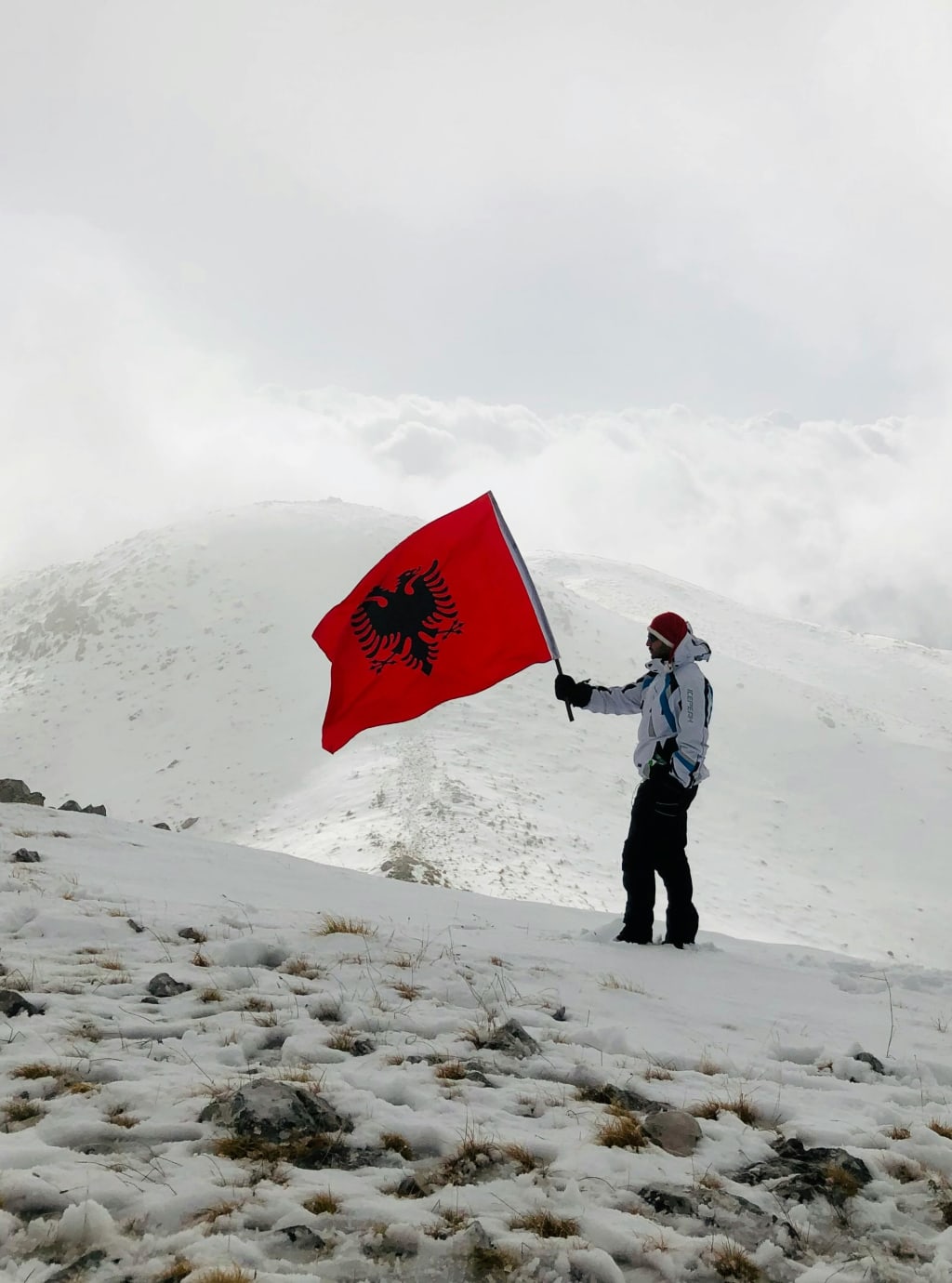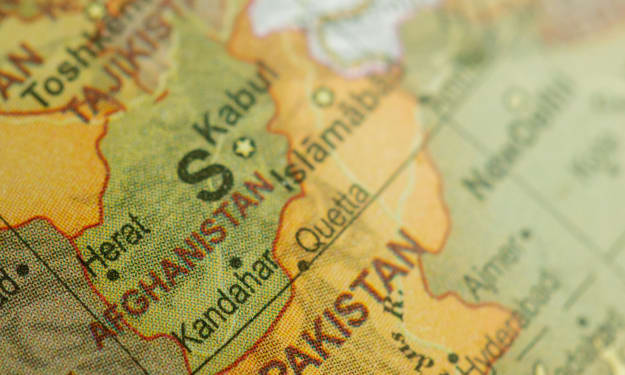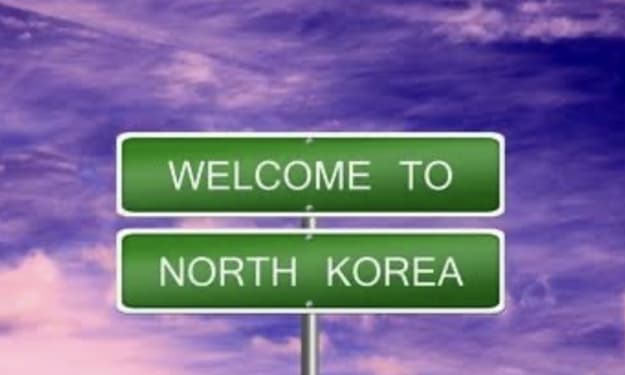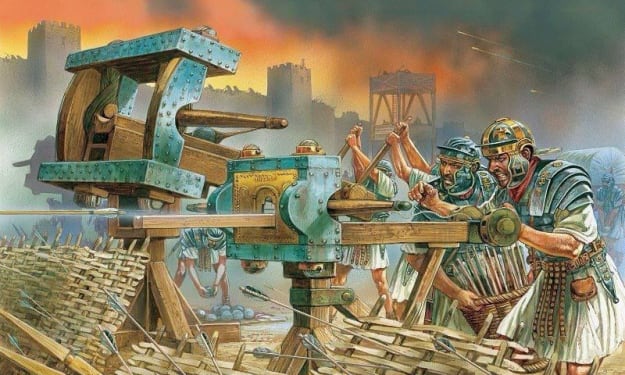Exploring Albania's Rich History: A Journey Through Centuries
Discover the Fascinating Historical Events and Cultural Heritage of Albania from Ancient Times to the Modern Era

**Ancient Times and Early Middle Ages:**
The region now known as Albania has been inhabited since the Paleolithic era. The Illyrians, an ancient Indo-European people, are among the first recorded inhabitants, flourishing from around 2000 BCE. Illyrian tribes, known for their warrior culture, traded extensively with Greeks and Romans. The Illyrian Kingdom reached its zenith under King Bardylis in the 4th century BCE, but by the 2nd century BCE, it succumbed to Roman conquest, becoming part of the province of Illyricum.
Following the fall of the Roman Empire in the 5th century CE, Albania was successively invaded by Visigoths, Ostrogoths, Huns, and Slavs. By the 7th century, the region became part of the Byzantine Empire, which exerted significant cultural and religious influence, contributing to the Christianization of the local population.
**Medieval Period:**
During the Middle Ages, Albania was characterized by a fragmented feudal system. Various principalities emerged, including those led by the noble families of Thopia, Balsha, and Kastrioti. The most notable figure of this period is Gjergj Kastrioti, known as Skanderbeg, who led a rebellion against the Ottoman Empire in the 15th century. Born in 1405, Skanderbeg united the Albanian principalities and mounted a fierce resistance against the Ottomans from 1443 until his death in 1468, becoming a national hero for his efforts to preserve Albanian autonomy and Christianity.
**Ottoman Rule:**
Despite Skanderbeg’s resistance, Albania fell under Ottoman rule by 1479. The Ottomans governed Albania for over four centuries, introducing Islam, which gradually became the dominant religion. Albanian society under Ottoman rule was marked by feudalism, with local beys (lords) holding considerable power. Many Albanians served in the Ottoman military and administration, while the mountainous regions retained a degree of autonomy through their clan-based social structures.
**National Awakening and Independence:**
The 19th century saw the rise of Albanian nationalism, spurred by the broader Balkan movements against Ottoman rule. The League of Prizren, founded in 1878, sought to unify Albanian territories and secure autonomy. Albanian intellectuals and patriots, influenced by Western ideas of nationalism, pushed for cultural and political rights, emphasizing the importance of the Albanian language and identity.
Albania declared its independence from the Ottoman Empire on November 28, 1912, in Vlorë, led by Ismail Qemali. However, the nascent state faced immediate challenges. The Balkan Wars (1912-1913) and World War I (1914-1918) saw Albania’s territory contested by its neighbors. The Treaty of London (1913) and the subsequent Conference of Ambassadors in 1913 recognized Albania’s independence, but its borders were significantly reduced.
**Interwar Period and World War II:**
The interwar period was marked by political instability and efforts to modernize. Ahmet Zogu emerged as a key figure, serving as Prime Minister and later declaring himself King Zog I in 1928, establishing a monarchy. His reign focused on centralizing power and modernizing the country, but was cut short by Italian invasion in 1939, making Albania a protectorate of Italy. During World War II, Albania was occupied by both Italian and German forces. Resistance movements, including the communist-led National Liberation Movement, played a significant role in opposing the occupiers.
**Communist Era:**
In November 1944, the communist partisans, led by Enver Hoxha, took control of Albania, establishing a one-party communist state. Hoxha’s regime was characterized by strict Stalinist policies, isolationism, and extensive purges. Albania severed ties with the Soviet Union in the 1960s, aligning briefly with China before pursuing a policy of autarky.
Under Hoxha, Albania saw significant industrialization and modernization, but at the cost of political repression and economic inefficiency. Hoxha’s death in 1985 led to a gradual easing of some policies, but the regime remained staunchly authoritarian under his successor, Ramiz Alia.
**Transition to Democracy:**
The fall of communism in Eastern Europe in the late 1980s and early 1990s brought significant changes to Albania. Massive protests and economic collapse led to the end of the communist regime in 1991. The first multiparty elections were held that year, and by 1992, the Democratic Party of Albania, led by Sali Berisha, had come to power.
The 1990s were a turbulent period, marked by economic difficulties, political instability, and social unrest. The collapse of pyramid schemes in 1997 led to widespread chaos and anarchy. International intervention and the establishment of a stabilization program helped restore order.
**Modern Albania:**
Since the turn of the 21st century, Albania has made significant strides towards democratization and integration into European and international institutions. It joined NATO in 2009 and has been a candidate for European Union membership since 2014. Reforms in governance, judiciary, and the economy are ongoing, with the aim of meeting EU standards.
Despite challenges, including corruption and political polarization, Albania has experienced substantial economic growth and development. Tourism, energy, and infrastructure are key sectors driving the economy. The country’s rich cultural heritage, stunning landscapes, and hospitable people have positioned it as an emerging destination in the Balkans.
Albania's journey from ancient Illyria to a modern European state is a testament to its resilience and enduring spirit. The country's diverse history continues to shape its national identity and aspirations for the future.
About the Creator
BackFromHell
I am an odd one wondering and hearing all kinds of brains squirming, and in my head, they are dieing to be eaten. As if every voice had an underlying pain regardless of its mission. As I feed on brains, I remember the memories of others.
Enjoyed the story? Support the Creator.
Subscribe for free to receive all their stories in your feed. You could also pledge your support or give them a one-off tip, letting them know you appreciate their work.






Comments
There are no comments for this story
Be the first to respond and start the conversation.